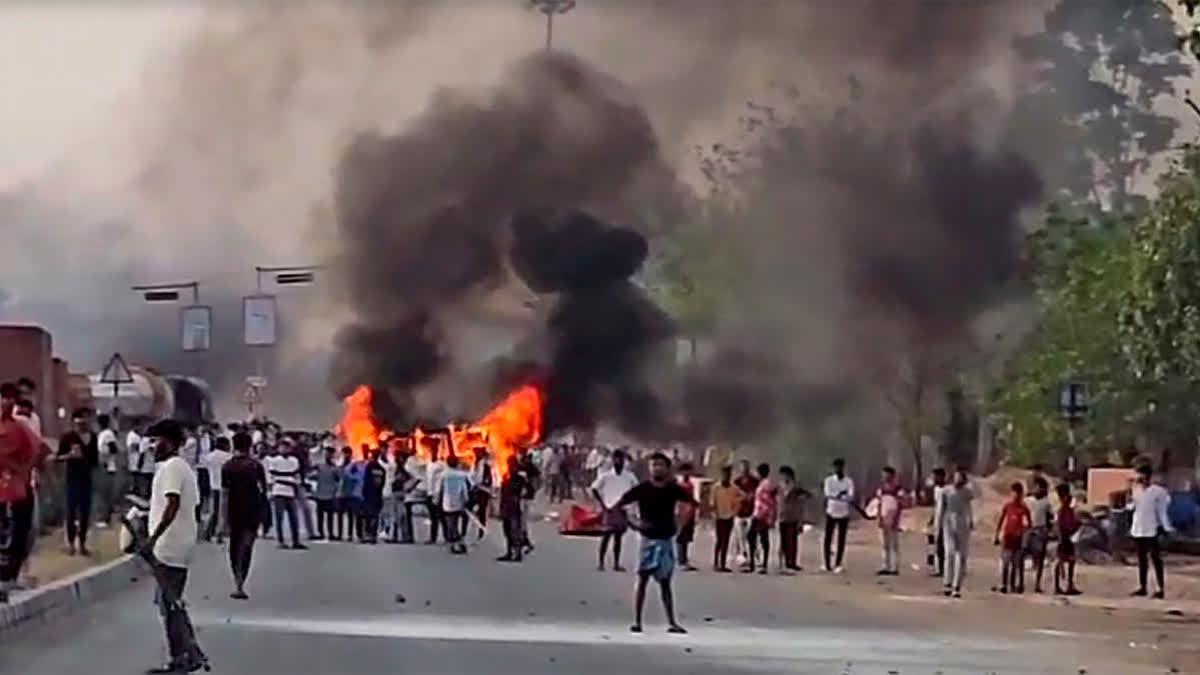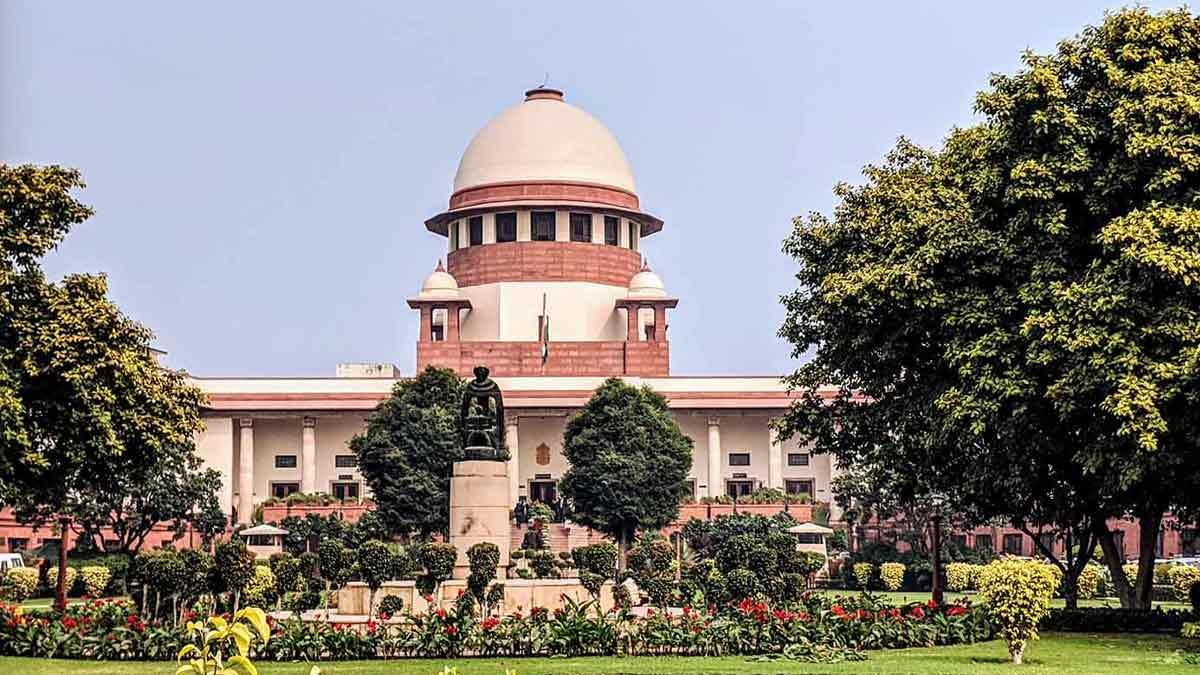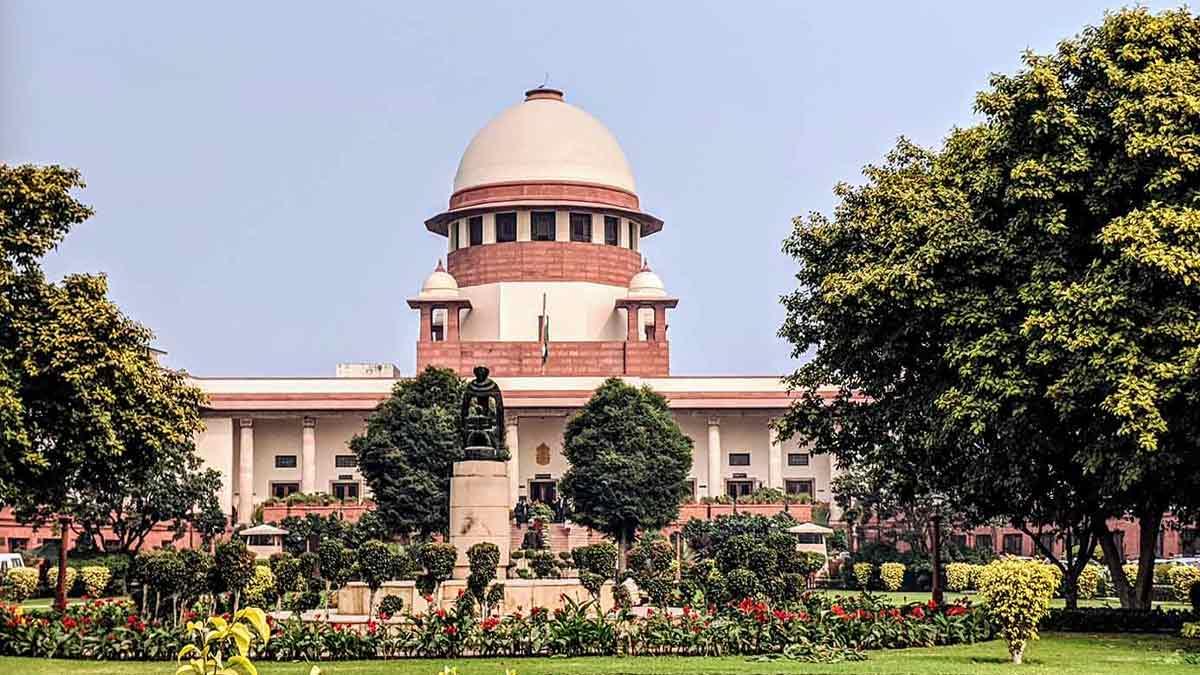A three-member panel convened by the Calcutta High Court to probe the communal clashes that broke out last month in the Muslim-majority district of Murshidabad, West Bengal, has pointed out a stark absence of police response and lethargy in containing the agitation before the Central Armed Police Forces (CAPF) were deployed.
The report by the committee, as per sources, focused on police inaction during the crisis and was submitted to the special division bench of the High Court led by Justice Soumen Sen and Justice Raja Basu Chowdhury.
This bench was especially constituted to monitor cases pertaining to the Murshidabad disturbances.
The violence first erupted on April 8 in pockets like Dhulian, Suti, and Samserganj. It was only on the night of April 12 that the CAPF was deployed, as per an order issued by the same special division bench that night.
While ordering the deployment of CAPF forces on April 12, the bench observed that the West Bengal government's attempts to suppress the communal violence—triggered by agitations against the recently enacted Waqf (Amendment) Act—were inadequate.
The special division added that if CAPF forces had been deployed earlier, the situation would not have attained such a "grave" and "volatile" form.
The results of the latest committee report almost exactly reflect these judicial comments made on April 12.
In its detailed report, the committee identified local councillor Mehbub Alam as being responsible for the violence, against whom the police did nothing while the attacks were carried out.
It is reported in the report that after 2 p.m. on April 11, Mehbub Alam personally led all acts of violence, appearing at the site himself along with a team of hooligans, but law enforcement didn't take action.
Secondly, the committee found Amirul Islam, who is said to have scouted the victimized areas, identified houses that were not damaged, and warned the attackers, and they subsequently torched those buildings.
The report states that 113 houses were damaged and valuables worth lakhs of rupees, including jewellery, cash, furniture, and livestock, stolen from them by the perpetrators. It also records how the district police made repeated calls of distress to the victims' families, even though the local police station was just 300 meters away from the sites of the incidents, and policemen not responding in time to any of these calls.
Read also| Cong leaders giving oxygen to Pak with anti-India remarks, Says Sudhanshu Trivedi


















